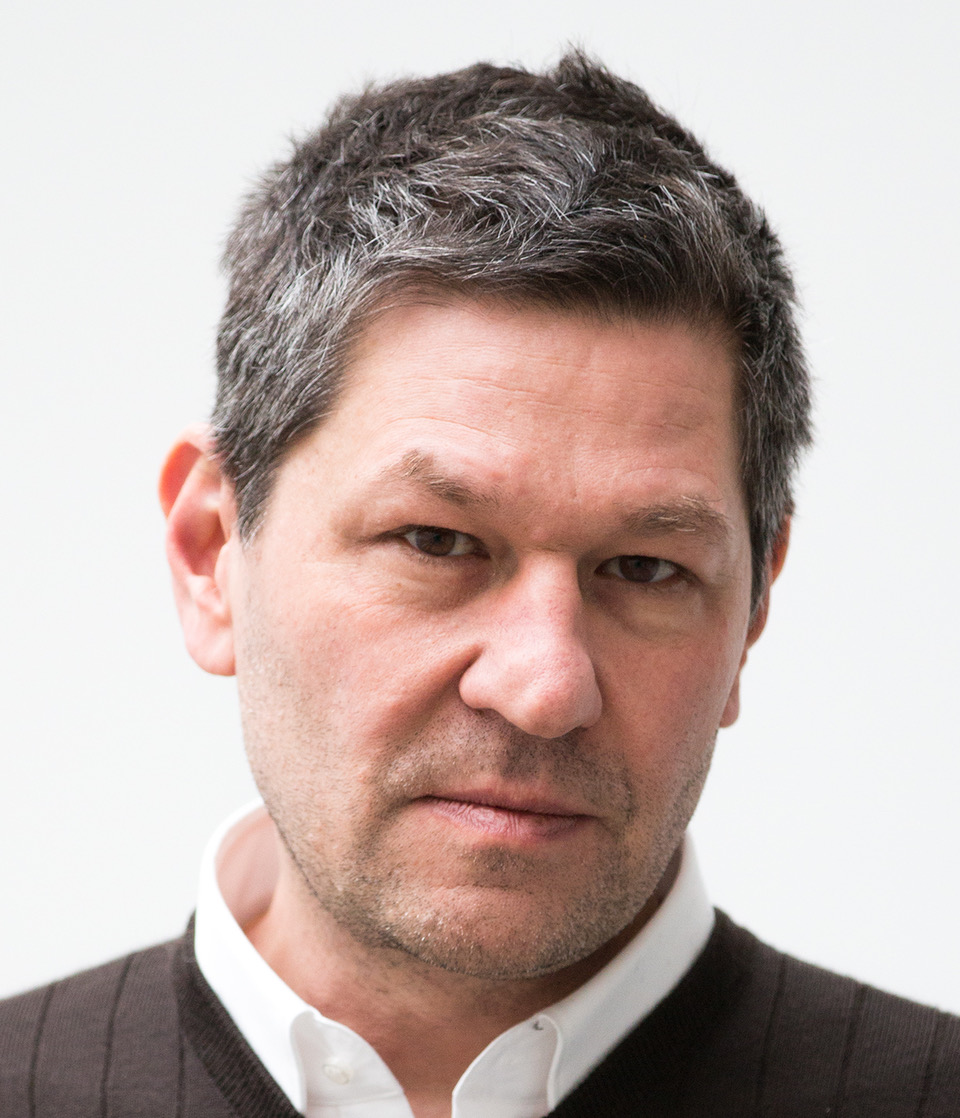'Memory, rituals and mobility. Intangible cultural heritage in the urban context'
The core of my presentation is to analyse how individual and collective memory, but also intangible cultural heritages are transformed, in the urban context, by migration and in general by mobility. A particular attention concerns the link between mobility, digital communication and their hybridization and the understanding of the social consequences of mobility on the individual and collective memory about – obviously – people, but also objects, places, ideas, representations and emotions.
To reveal how people, groups and inhabitants of a city deal with mobility, cultural heritage, memory and the past, I suggest focalizing on rituals. In particular, my focus will be the way in which mobile individuals are thinking, representing and transforming the self and the social representations of the personal, collective and social memory and identity by ritual practices that could be physical, digital or both physical and digital. Rituals are formalised and characterised by rules that could be related to religion, but also to secular prescriptions. They reveal agency because rituals need a performance, spatiality and memory.
Through the production of rituals in a mobile world, they deserve for stability and continuity, but cannot in the same time be inclusive if they do not recognize complex identities of mobile people. In other words, if a place characterised by a high mobility produces invariant rituals permitting only a participation of specific, well defined, traditionally groups, the ritual will disappear. Mobility has to be included to preserve the ritual as a cultural heritage and its stabilising role for individuals, groups and specific territories, even by non-conventional uses of the digital world.
We suggest analysing differently formalized rituals in their hybridized way they are produced and performed. We are interested to examine how a traditional city-event like carnival includes mobile people and how new forms of rituality like the visit of football matches of the city’s team or the inner-city derby is inclusive of mobile people.

Sandro Cattacin is director of the Institute of sociological research at the University of Geneva. He has extensively published on topics like corporatism, representation of civil society organizations in politics and comparative welfare system analysis. Concrete fields of analysis are the urban context, mobility and health and social institutions. |